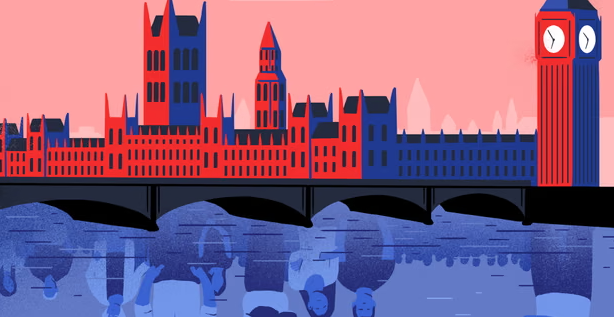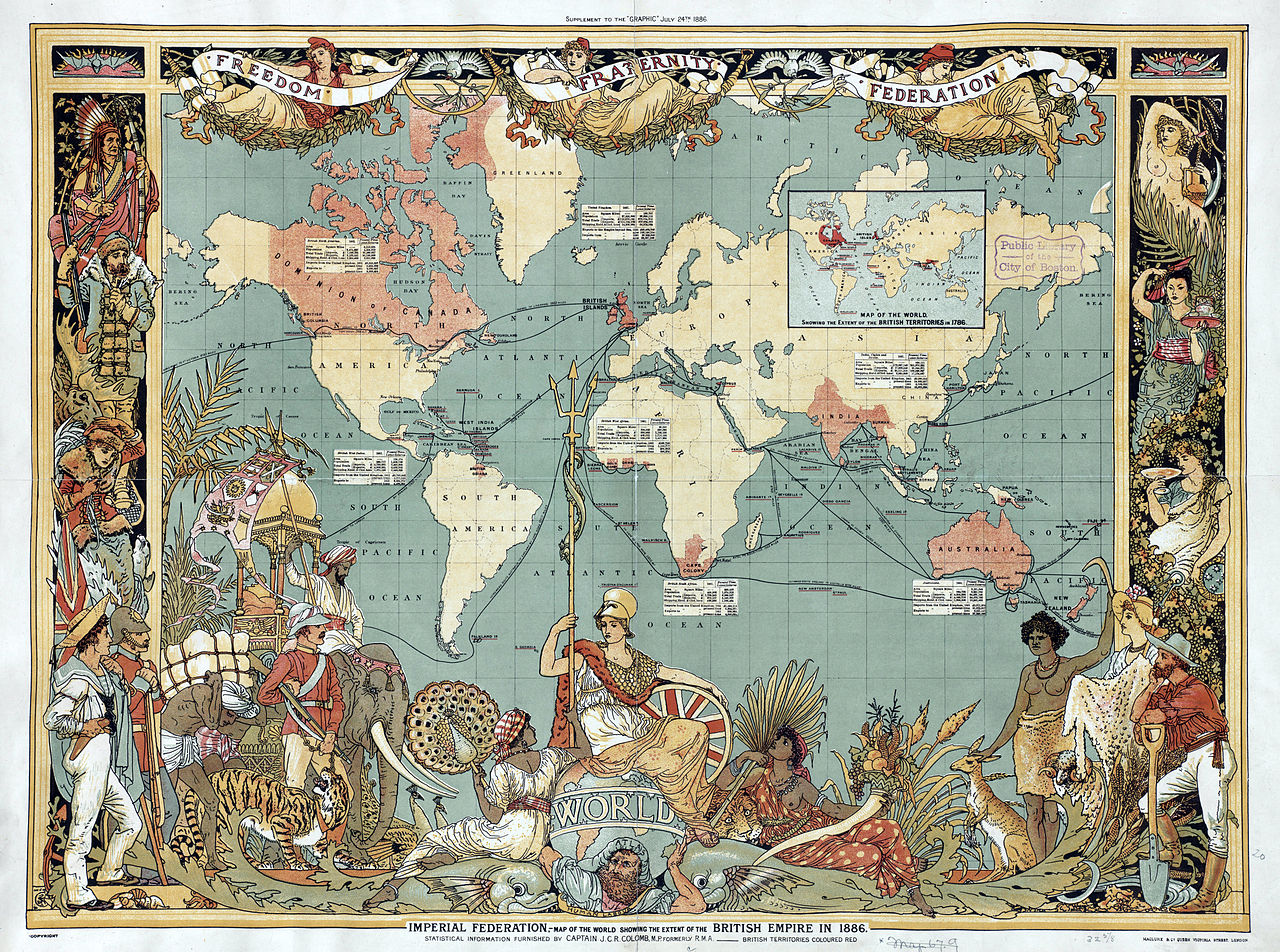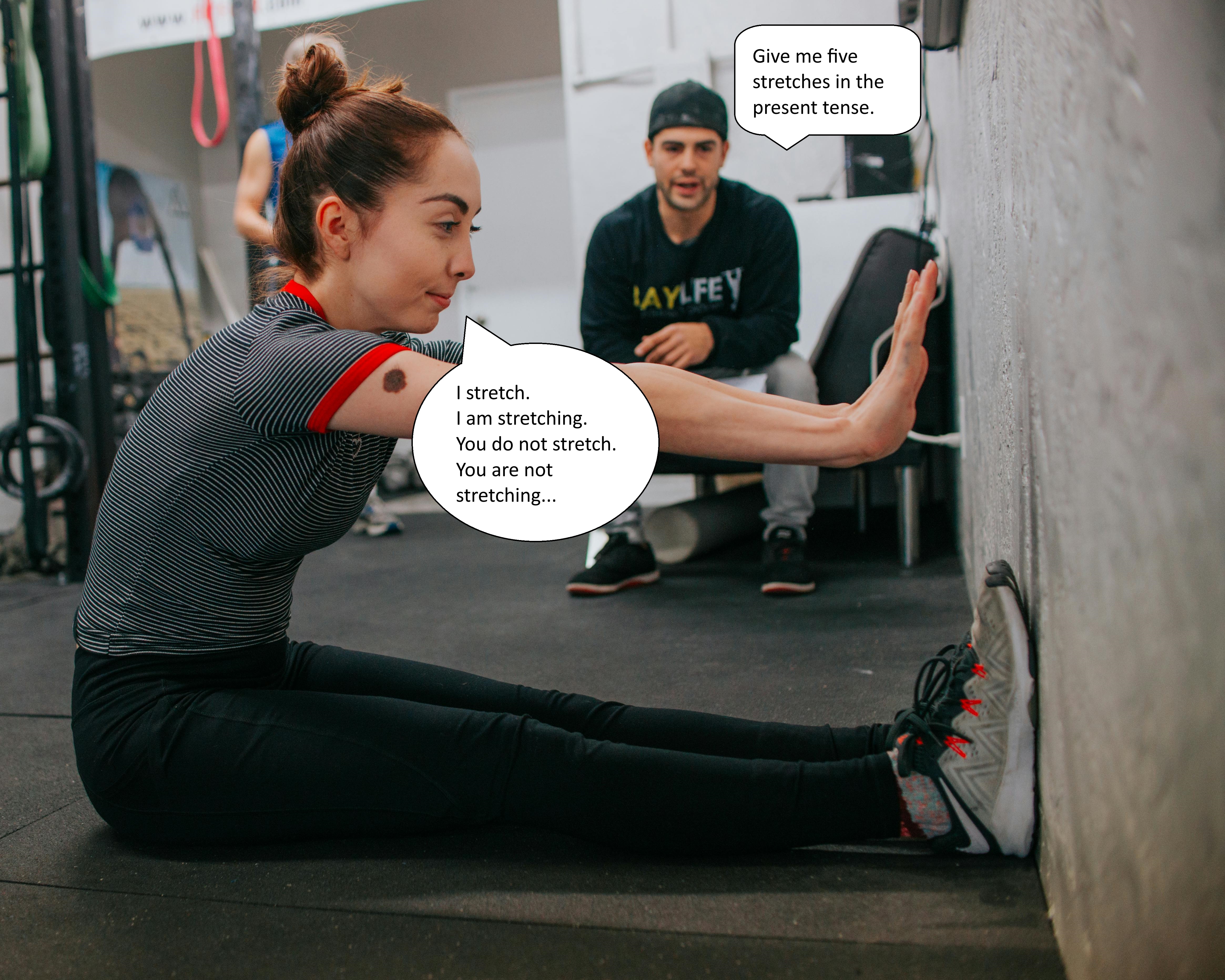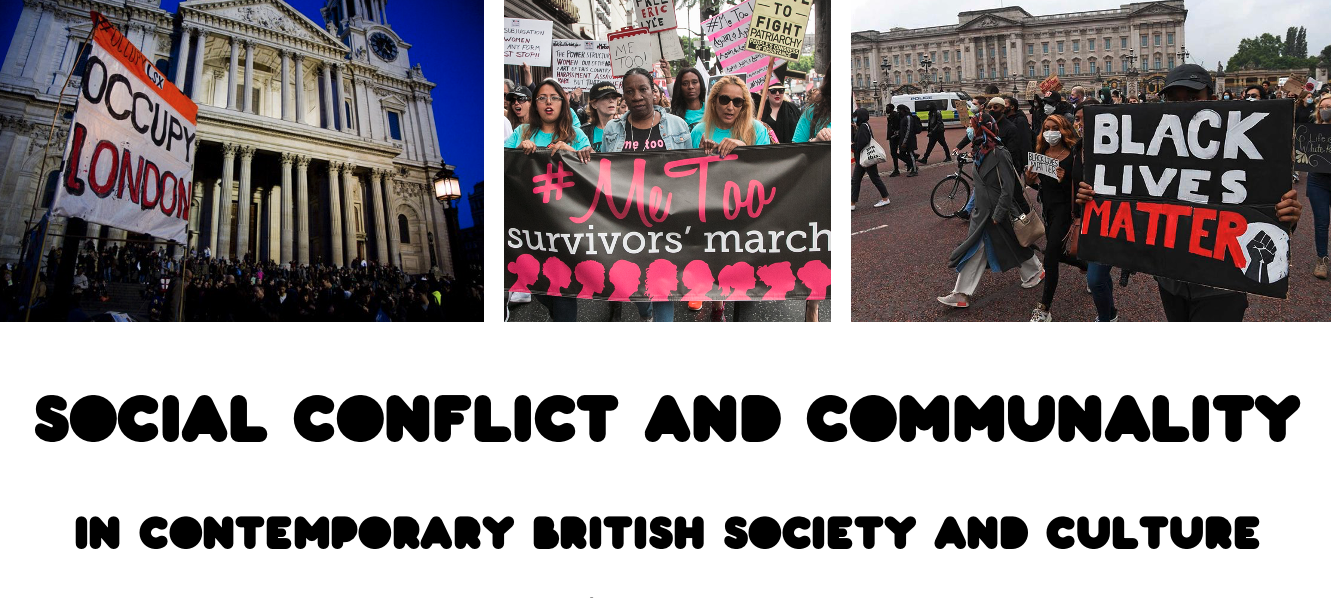
UE2 : Enjeux contemporains (Cultural Studies) - Cours de D. Haigron
Social conflict and communality: Class, gender, and race in contemporary British society and culture
British society is built on structural divisions based (mostly but not entirely) on class, gender and race, and its construction is driven by conflicts between categories of the population defending their respective interests in power relations, usually with an opposition between discriminated minorities and an hegemonic group. These conflicts have contributed to fostering communitarian identities and histories (Orgreave, Dagenham, #MeToo, Black Lives Matter, etc.), but have also found their place in collective national memory. This course will analyse social conflicts from a sociological and cultural perspective. The aim is to assess how they gained mythological status as defining landmarks, and how they participated in shaping British society. This will finally raise the question as to whether social conflict also —somehow paradoxically— helped build togetherness and communality, within or between the various sections of society.
Selected bibliography
BANYARD, Kat. The Equality Illusion: The Truth about Women and Men Today. Faber & Faber, 2010.
CANNADINE, David. The Undivided Past: Humanity Beyond our Differences. Alfred A. Knopf, 2013.
GILROY, Paul. There Ain’t No Black in the Union Jack: The Cultural Politics of Race and Nation. Routledge (1987), 2010.
HALL, Stuart, et al., eds. Representation. Sage & Open University, 2013.
JONES, Owen. Chavs: The Demonization of the Working Class. Verso, 2016.
PANAYI, Panikos. An Immigration History of Britain: Multicultural Racism since 1800. Longman, 2010.
SKEGGS, Beverley. Formations of Class and Gender: Becoming Respectable. Sage, 1997.
- Giáo viên: David Haigron

Si vous êtes débutant.e en syntaxe (cf. étudiant.e ayant fait une Licence hors Rennes 2), pas d'inquiétude : le cours est structuré de manière à réviser/acquérir rapidement les bases de la syntaxe. Des pages de révision et des vidéos de révision sont disponibles sur la page du séminaire.
Le cours est en FRANCAIS.
- Giáo viên: Anne-Laure Besnard
- Giáo viên: Sandrine Oriez
- Giáo viên: Manon Philippe
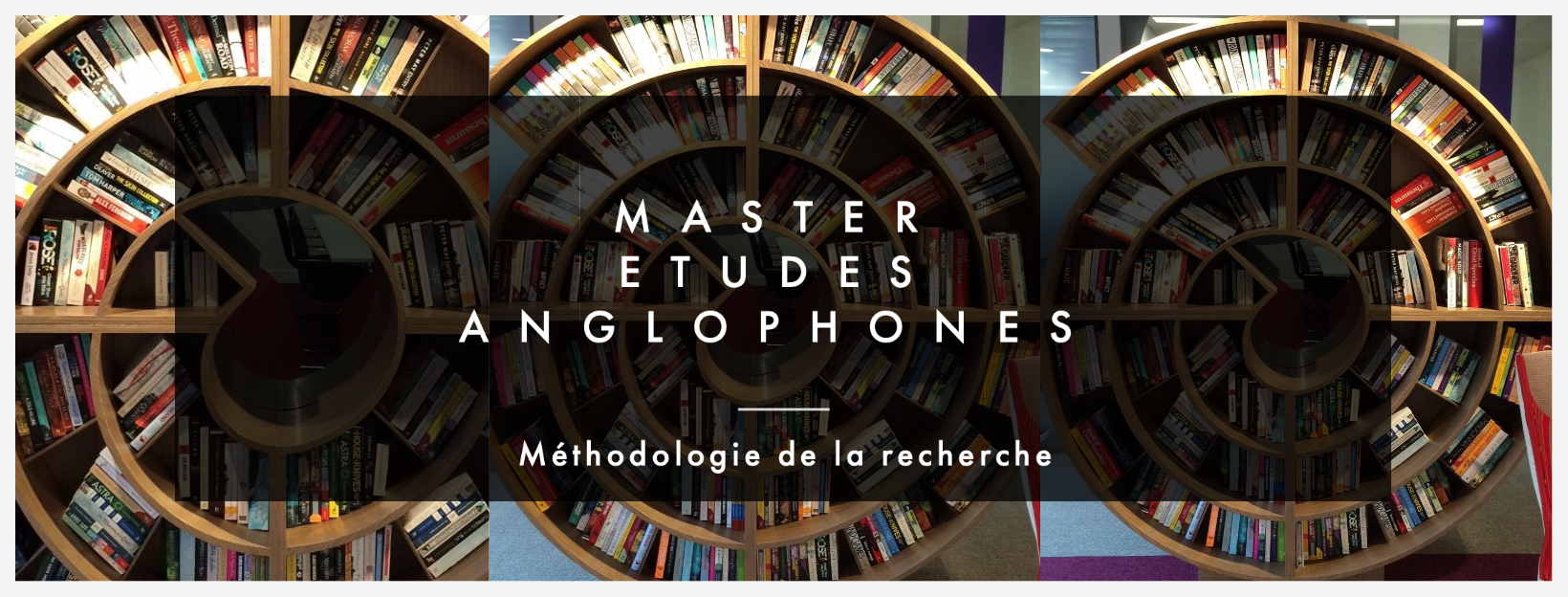
Chaque enseignant·e pourra y déposer des documents.
- Giáo viên: Sylvie Bauer
- Giáo viên: Anne-Laure Besnard
- Giáo viên: Claire Bonnel
- Giáo viên: Stephanie Croizet
- Giáo viên: Tatiana Gafanhao
- Giáo viên: Anne Goarzin
- Giáo viên: David Haigron
- Giáo viên: Anais Le Fevre-Berthelot
- Giáo viên: Cyrielle Le Her
- Giáo viên: Helene Machinal
- Giáo viên: Grainne O'Keeffe Vigneron
- Giáo viên: Sandrine Oriez
- Giáo viên: Manon Philippe
- Giáo viên: Isabelle Picault
- Giáo viên: Lucie Ribourg
- Giáo viên trợ giảng: Yann Bevant
- Giáo viên trợ giảng: Aurore Caignet
- Giáo viên trợ giảng: Valerie Capdeville
- Giáo viên trợ giảng: Nicole Cloarec
- Giáo viên trợ giảng: Anita Cornic
- Giáo viên trợ giảng: Emilie Dardenne
- Giáo viên trợ giảng: Claudia Desblaches
- Giáo viên trợ giảng: Renee Dickason
- Giáo viên trợ giảng: Maggy Hary-Moussay
- Giáo viên trợ giảng: Jean Pierre Juhel
- Giáo viên trợ giảng: Anthony Larson
- Giáo viên trợ giảng: Pierre-Yves Le Cam
- Giáo viên trợ giảng: Claude Le Fustec
- Giáo viên trợ giảng: Gildas Le Voguer
- Giáo viên trợ giảng: Lesley Lelourec
- Giáo viên trợ giảng: Delphine Lemonnier-Texier
- Giáo viên trợ giảng: Mark Mcnaught
- Giáo viên trợ giảng: Sophie Mesplede
- Giáo viên trợ giảng: Adrian Morfee
- Giáo viên trợ giảng: Francoise Remond
- Giáo viên trợ giảng: Emma Renaud
- Giáo viên trợ giảng: Johanna Sauvage
- Giáo viên trợ giảng: Maria Tang
- Giáo viên trợ giảng: Florian Treguer
- Giáo viên trợ giảng: Aliette Ventejoux
02DMI811 Approfondissement linguistique (Master 1 Etudes Anglophones, Semestre 8, mineure) 2025-2026

- Giáo viên: Anne-Laure Besnard
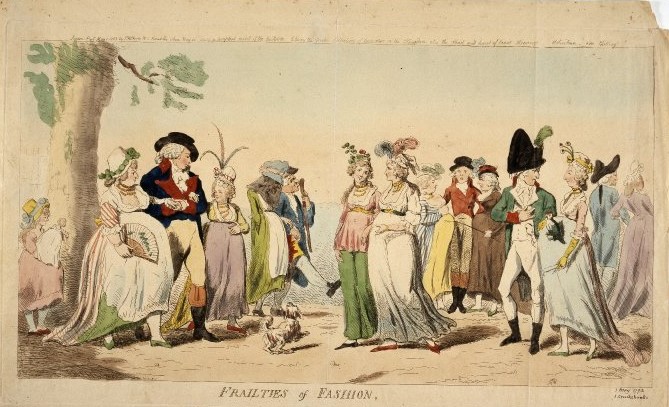
02DMI812 - “Gender and Society in Eighteenth-Century Britain”
Course description
This course will introduce students with the place of gender in eighteenth-century British society. The period from the Restoration to the Romantic era was marked by major economic, political, social and cultural transformations, which had a deep impact on the definition, construction and representation of gender roles in British society. Students will engage with key concepts and issues regarding gender and learn about the changing historically-determined constructions of gender across the period of the long-eighteenth century. Through a wide range of primary sources, they will become familiar with various aspects of the everyday lives of eighteenth-century men and women (education, fashion, leisure, politics, etc.) as well as with emerging debates on gendered norms and practices (social performance, male hegemony and female agency). Through the readings, discussions and assignments in this course, students will also gain a deeper understanding of the traditions of women’s history and its relationship to histories of masculinity and gender.
Selected bibliography
BARKER, Hannah & Elaine CHALUS (eds.), Gender in Eighteenth-century England: Roles, Representations and Responsibilities, London, New York: Longman, 1997.
BUTLER, Judith, Gender Trouble: Feminism and the Subversion of Identity, 2nd (1999). New York and London: Routledge, 1990.
CARTER, Philip, Men and the Emergence of Polite Society, Britain 1660-1800, London: Longman, 2001.
COHEN, Michèle & Tim HITCHCOCK (eds.), English Masculinities 1660-1800. London & NY: Longman, 1999.
FLETCHER, Anthony, Gender, Sex and Subordination in England, 1500-1800, London, 1987.
HARVEY, Karen, The Little Republic: Masculinity and Domestic Authority in Eighteenth-Century Britain, Oxford University Press, 2012.
SHOEMAKER, Robert B., Gender in English Society 1650-1850: The Emergence of Separate Spheres?, London: Longman, 1998.
SCOTT, Joan W., “Gender: A Useful Category of Historical Analysis”, American Historical Review 91 (1986): 1053–75.
VICINUS, Martha, Separate Spheres, Bloomington, 1974.
VICKERY, Amanda, The Gentleman's Daughter. Women's Lives in Georgian England, New Haven-London, Yale University Press, 1998.
YLIVUORI Soile, Women and Politeness in Eighteenth-Century England: Bodies, Identities, and Power, Routledge, 2018.
- Giáo viên: Valerie Capdeville
- Giáo viên: Melanie Dupere
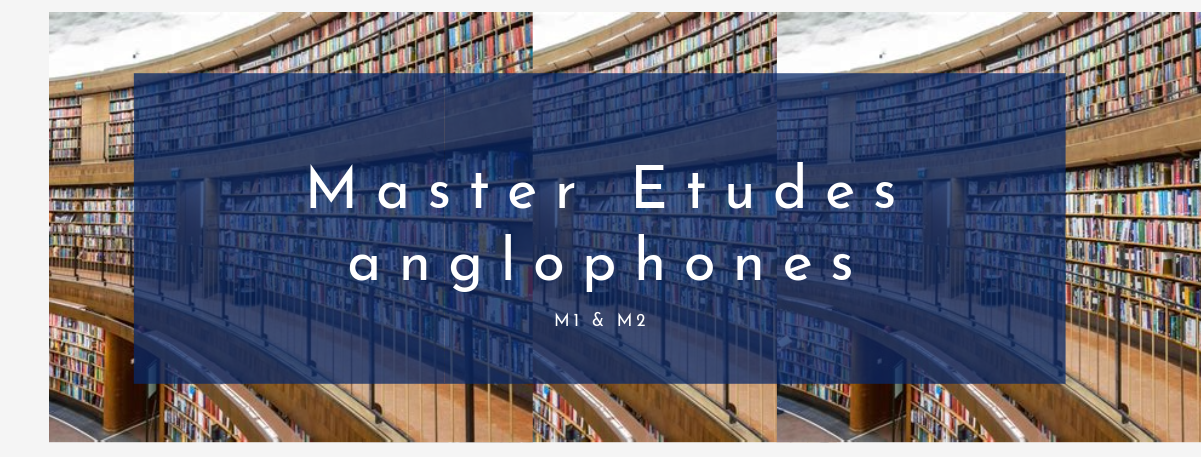
- Giáo viên: Anais Le Fevre-Berthelot
- Giáo viên trợ giảng: Franck Barbin
- Giáo viên trợ giảng: Sylvie Bauer
- Giáo viên trợ giảng: Laurie Bereau
- Giáo viên trợ giảng: Anne-Laure Besnard
- Giáo viên trợ giảng: Yann Bevant
- Giáo viên trợ giảng: Aurore Caignet
- Giáo viên trợ giảng: Valerie Capdeville
- Giáo viên trợ giảng: Guillaume Clement
- Giáo viên trợ giảng: Anita Cornic
- Giáo viên trợ giảng: Claudia Desblaches
- Giáo viên trợ giảng: Laetitia Devos
- Giáo viên trợ giảng: Renee Dickason
- Giáo viên trợ giảng: Anne Goarzin
- Giáo viên trợ giảng: David Haigron
- Giáo viên trợ giảng: Maggy Hary-Moussay
- Giáo viên trợ giảng: Jean Pierre Juhel
- Giáo viên trợ giảng: Anthony Larson
- Giáo viên trợ giảng: Pierre-Yves Le Cam
- Giáo viên trợ giảng: Claude Le Fustec
- Giáo viên trợ giảng: Gildas Le Voguer
- Giáo viên trợ giảng: Lesley Lelourec
- Giáo viên trợ giảng: Delphine Lemonnier-Texier
- Giáo viên trợ giảng: Helene Machinal
- Giáo viên trợ giảng: Mark Mcnaught
- Giáo viên trợ giảng: Sophie Mesplede
- Giáo viên trợ giảng: Adrian Morfee
- Giáo viên trợ giảng: Grainne O'Keeffe Vigneron
- Giáo viên trợ giảng: Sandrine Oriez
- Giáo viên trợ giảng: Manon Philippe
- Giáo viên trợ giảng: Francoise Remond
- Giáo viên trợ giảng: Emma Renaud
- Giáo viên trợ giảng: Maria Tang
- Giáo viên trợ giảng: Donia Touihri-Mebarek
- Giáo viên trợ giảng: Florian Treguer
- Giáo viên trợ giảng: Aliette Ventejoux

- Giáo viên: Sandrine Oriez
- Giáo viên: Manon Philippe

- Giáo viên: Anthony Larson

- Giáo viên: Anne-Laure Besnard
- Giáo viên: Anne Goarzin
- Giáo viên: David Haigron
- Giáo viên: Florian Treguer
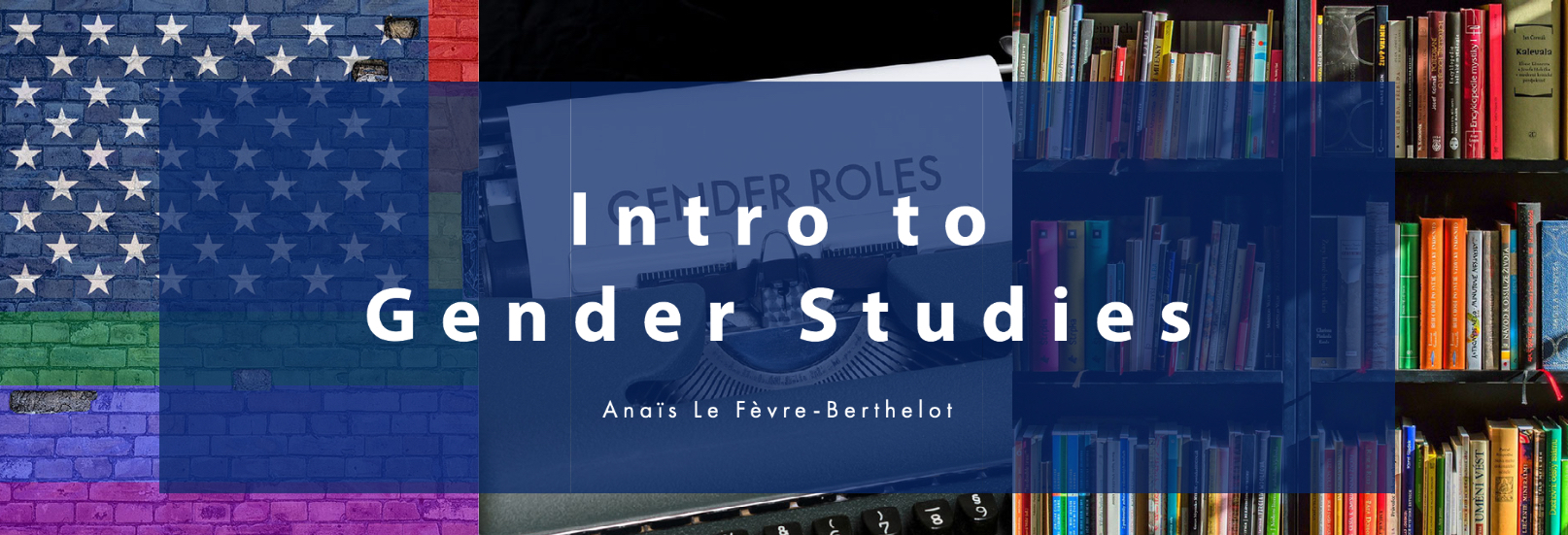
- Giáo viên: Anais Le Fevre-Berthelot
- Giáo viên: Adrian Morfee
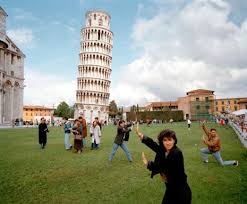
Photo : Copyright Martin Parr
- Giáo viên: Anne Goarzin
- Giáo viên trợ giảng: David Haigron
- Giáo viên: Adrian Morfee
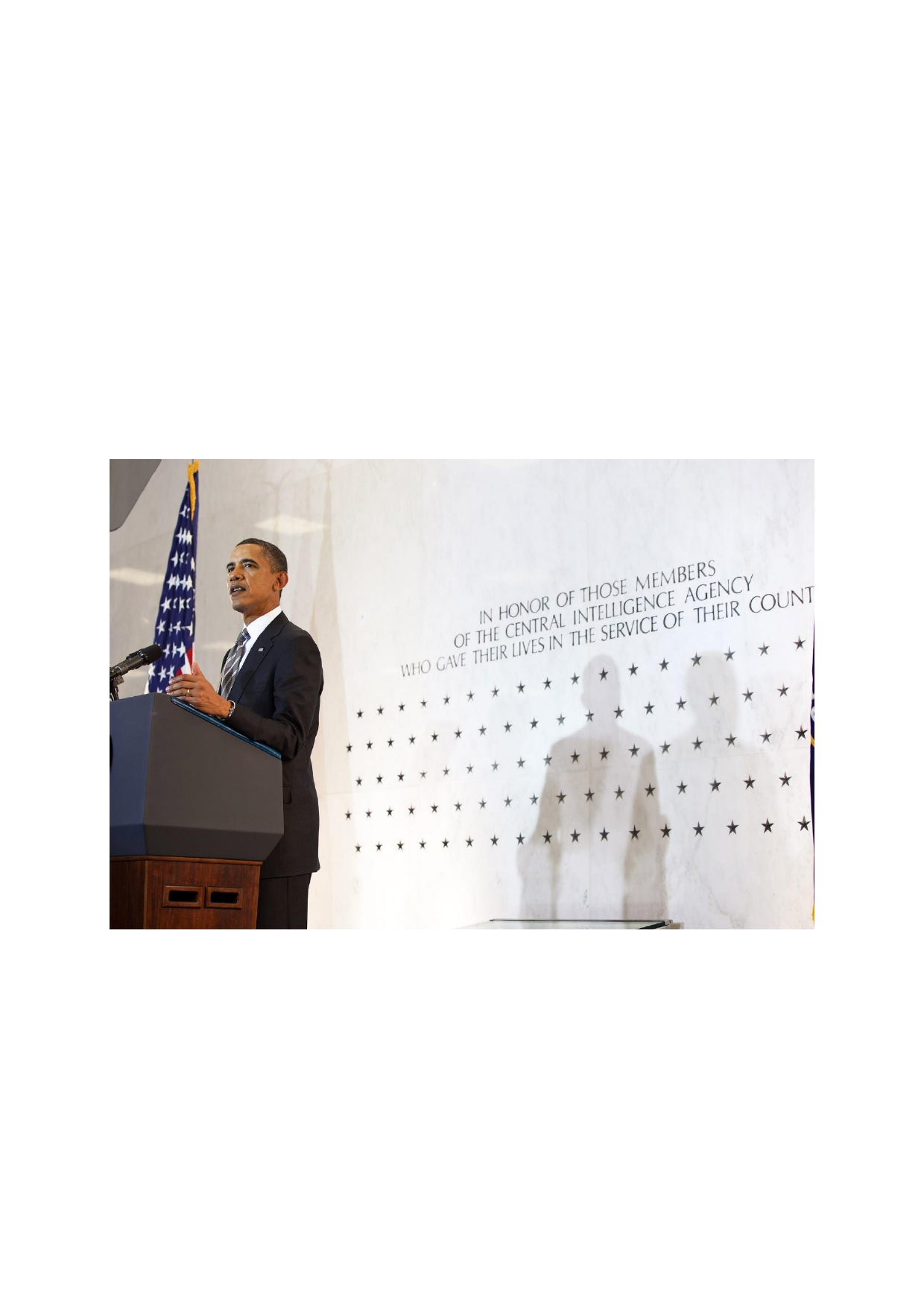
- Giáo viên: Gildas Le Voguer
